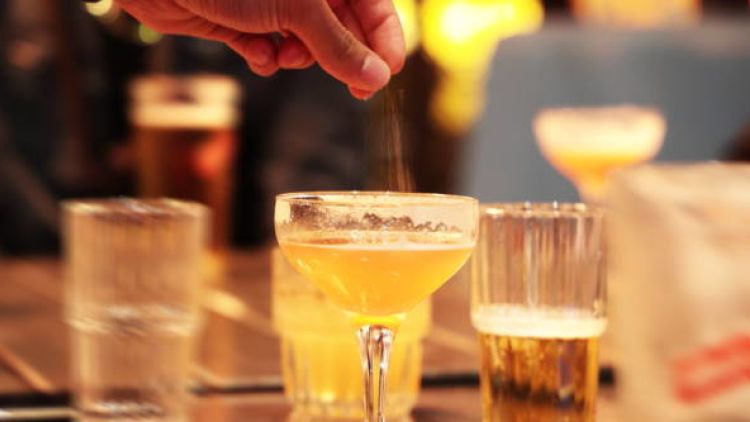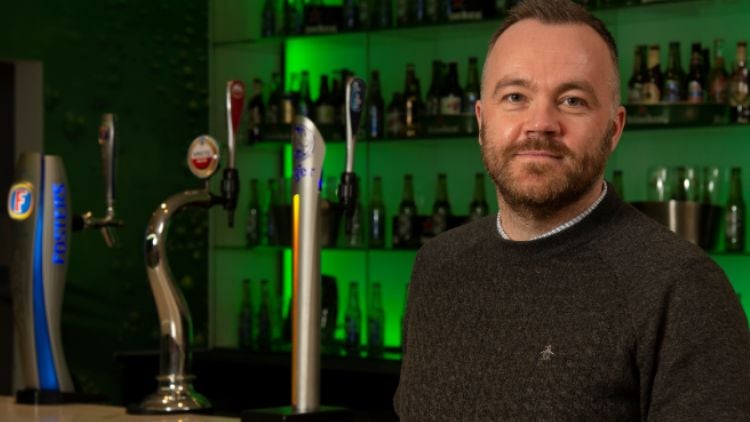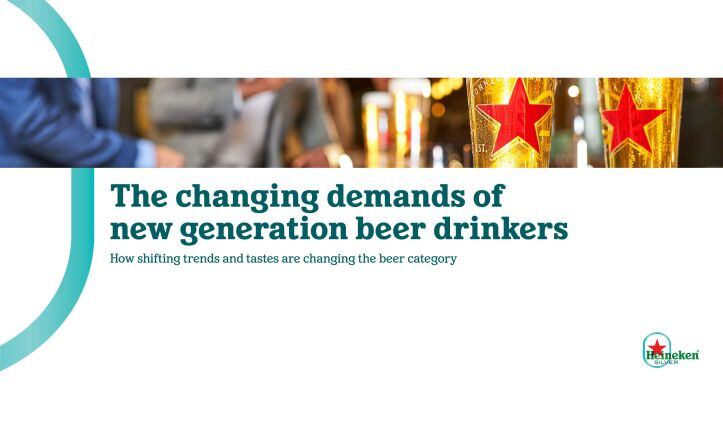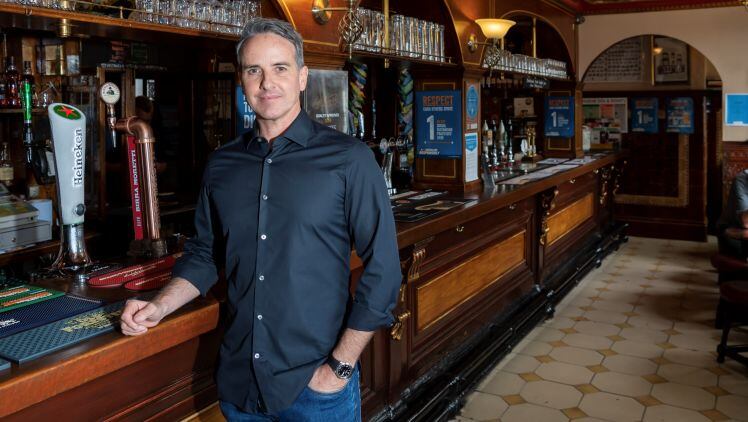This follows Mayor of London Sadiq Khan’s refreshed manifesto pledge to tackle violence against women announced last week, which included an additional £17.7m in funding from City Hall to improve rescue and support services for women and girls.
Furthermore Khan's new public health strategy, which stated 71% of women have experienced sexual harassment in a public place, also encouraged night-life venues to join the Mayor's 'Have a Word' campaign, urging men to call out and reject sexism and misogyny.
Night Owl CEO and founder Arith Liyanage said: “It’s positive to see Sadiq Khan’s investment in ensuring women’s safety considering the spike in violent incidents recently.
“As well as the Government and the police, hospitality and entertainment venues have a responsibility to ensure the safety of women and anyone else who may be vulnerable or in a dangerous situation while in their venues.
Safe space
“Specific schemes, like ‘Ask for Angela’ or the angel shot scheme, that allow businesses to support their customers are essential.
“Every member of [Night Owl] staff is trained to support people who ask for help, whether that’s by providing emotional support, calling the police, or helping them to leave the venue.
“They are also trained to spot someone who might be in distress and scared to reach out for help.
“As well as this, we operate ‘Ask for Clive’, which signals to our patrons our venues are a safe space for anyone from the LGBTQIA+ community.”
Increasingly common
This comes as the third edition of Stint’s Student Sentiment Tracker last month revealed one in six students said they’d had their drink spiked at a nightlife venue with 80% stating they did not believe establishments had done enough to reduce incidents of spiking.
Liyanage added: “Our staff are also trained to support customers who appear very drunk as we understand they may have been spiked; a situation which has become increasingly common.
“We offer drinks toppers and spiking test strips to empower our customers to ensure their drink safety.
“We welcome this move to give leisure venues more responsibility to ensure their customers are safe.”





